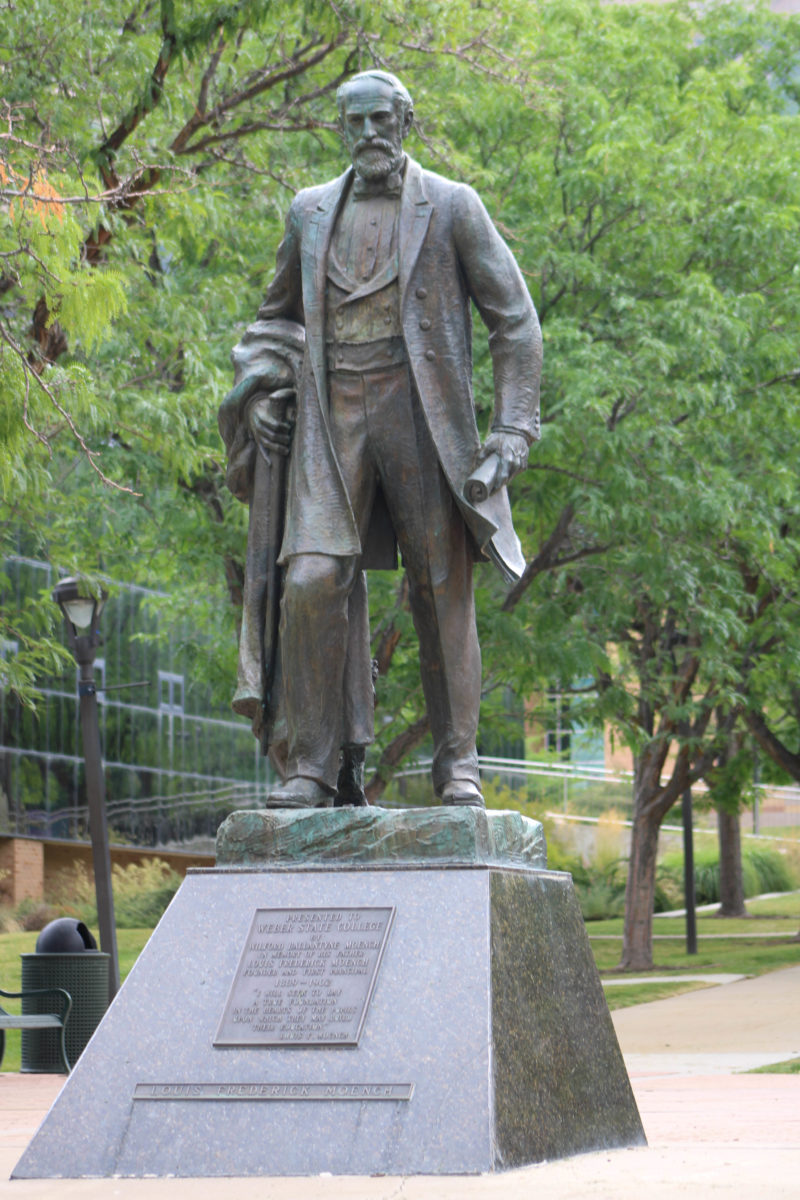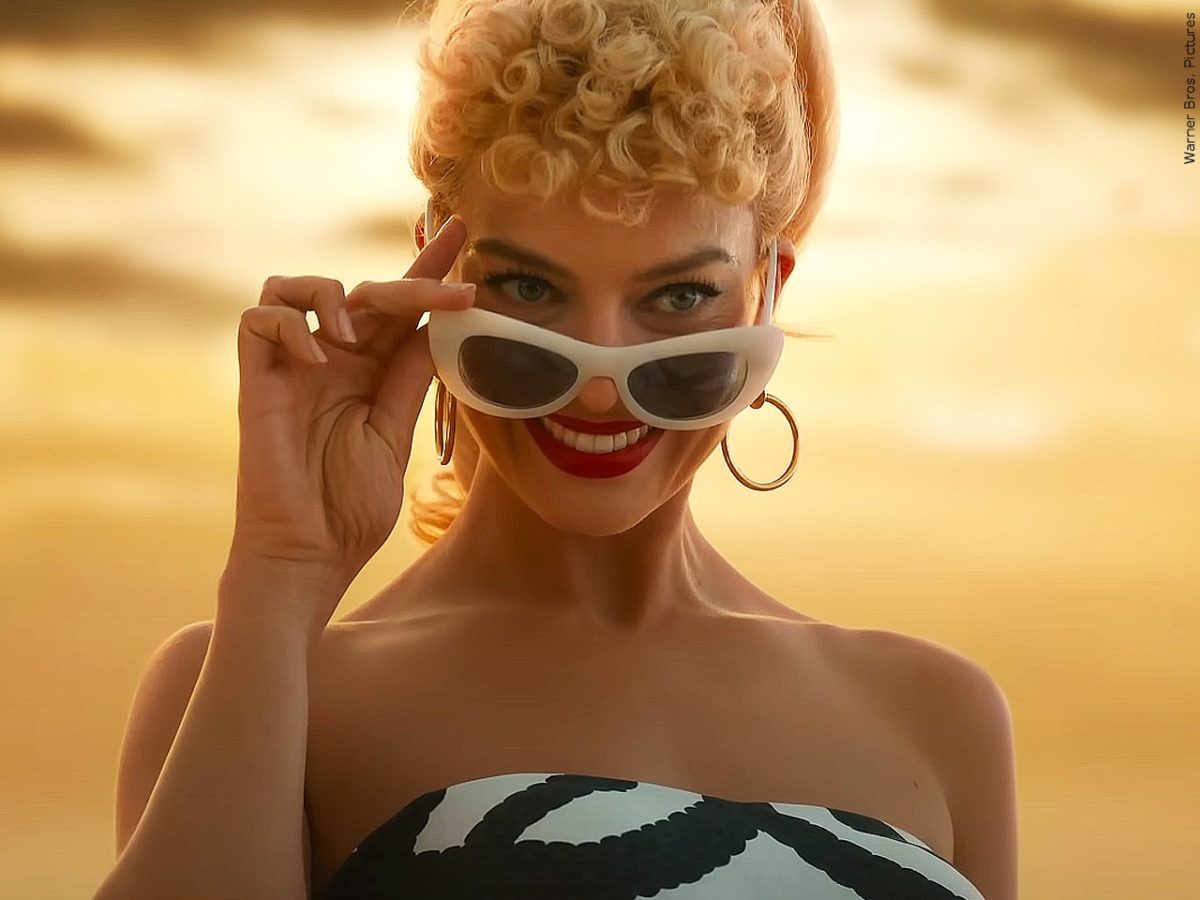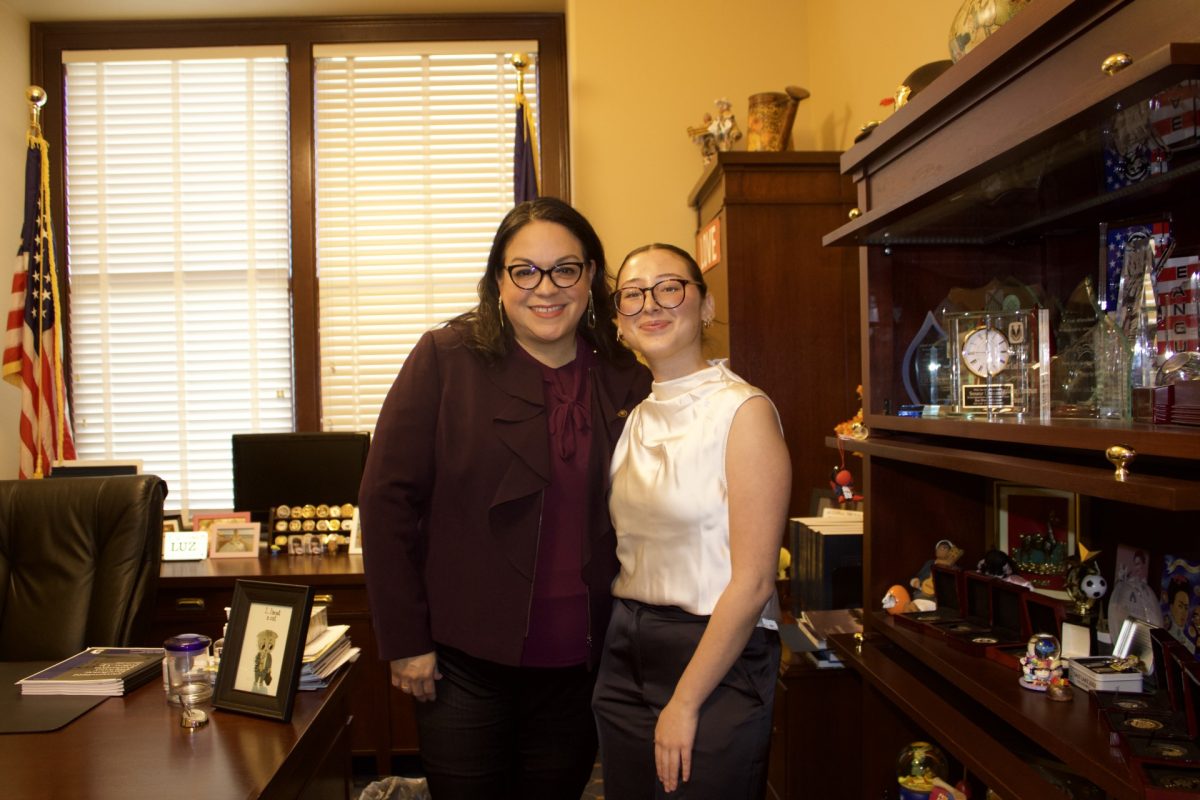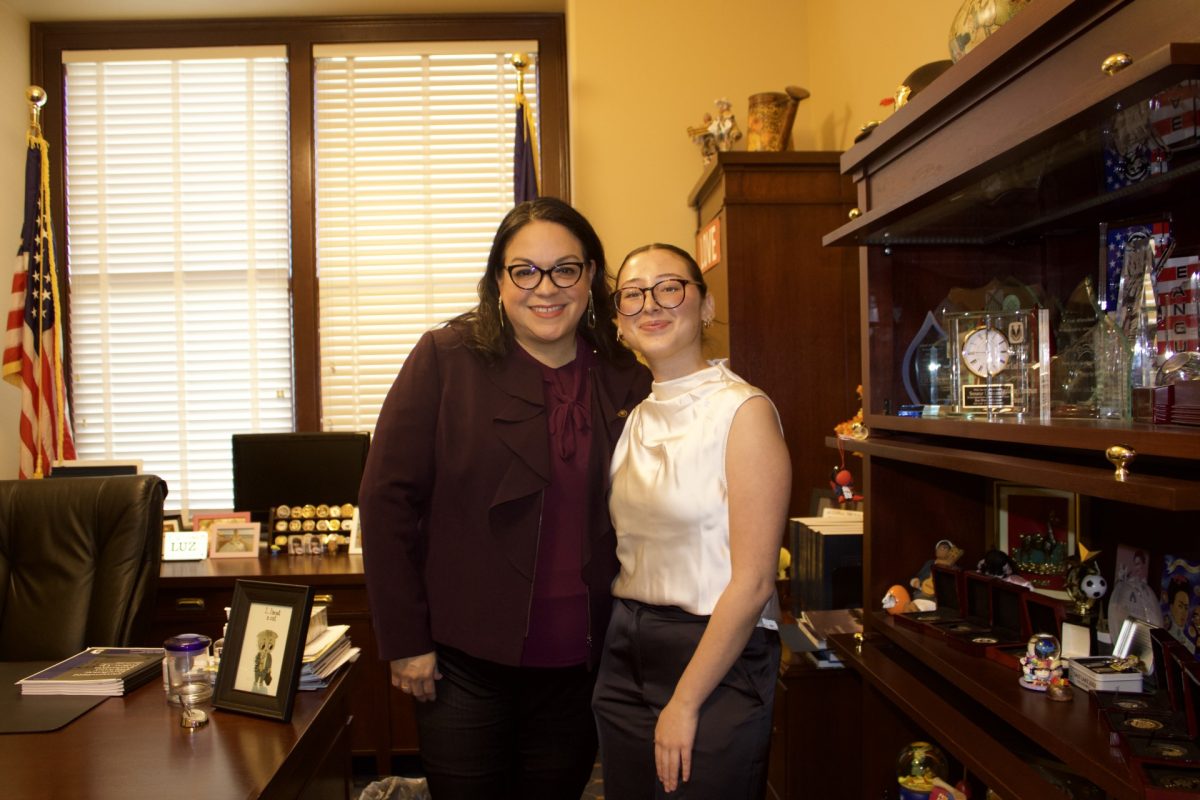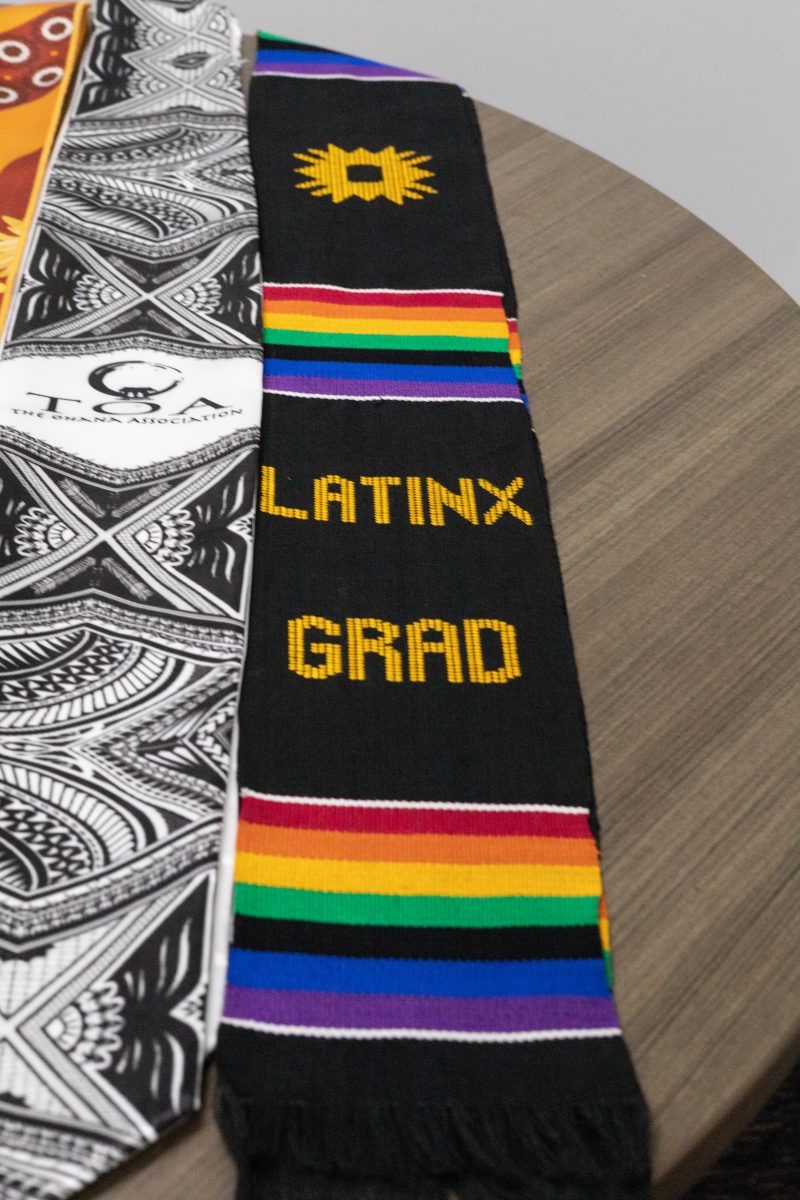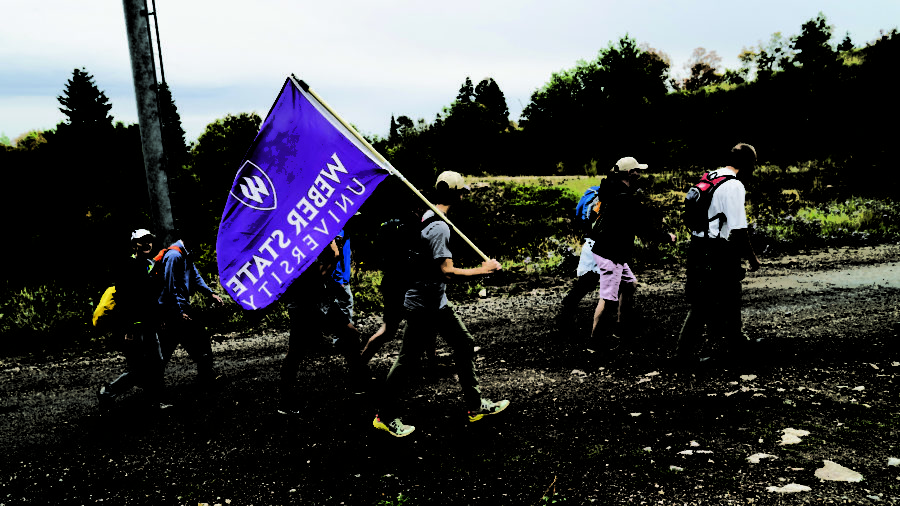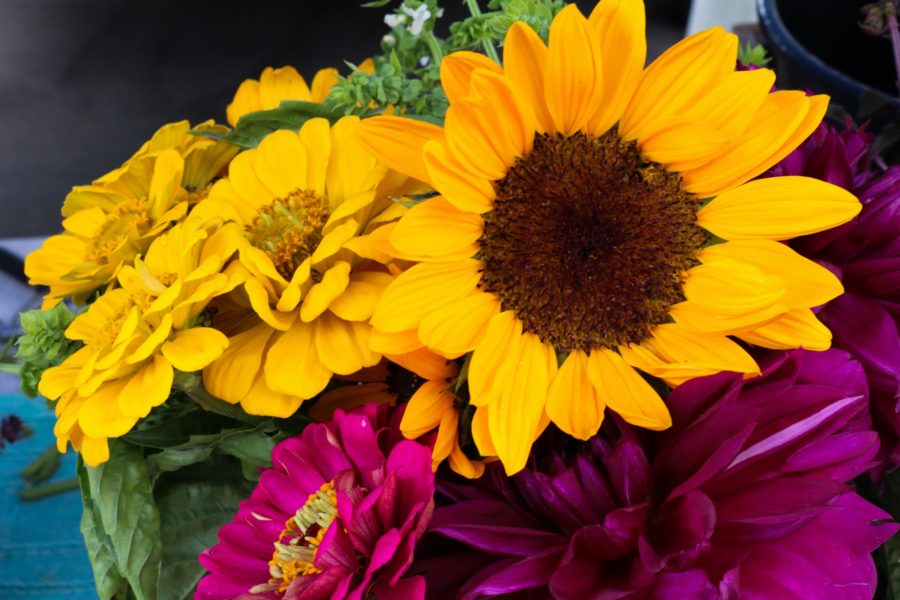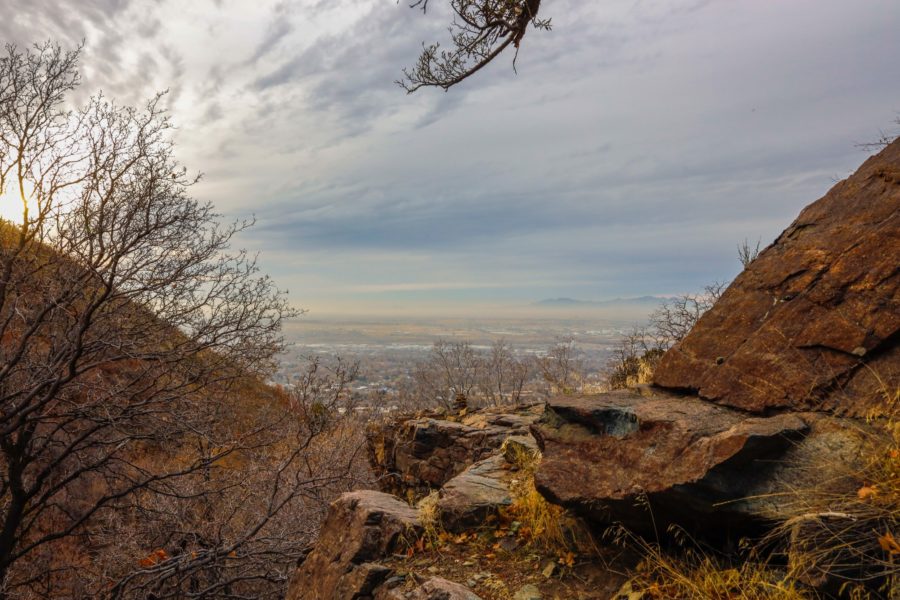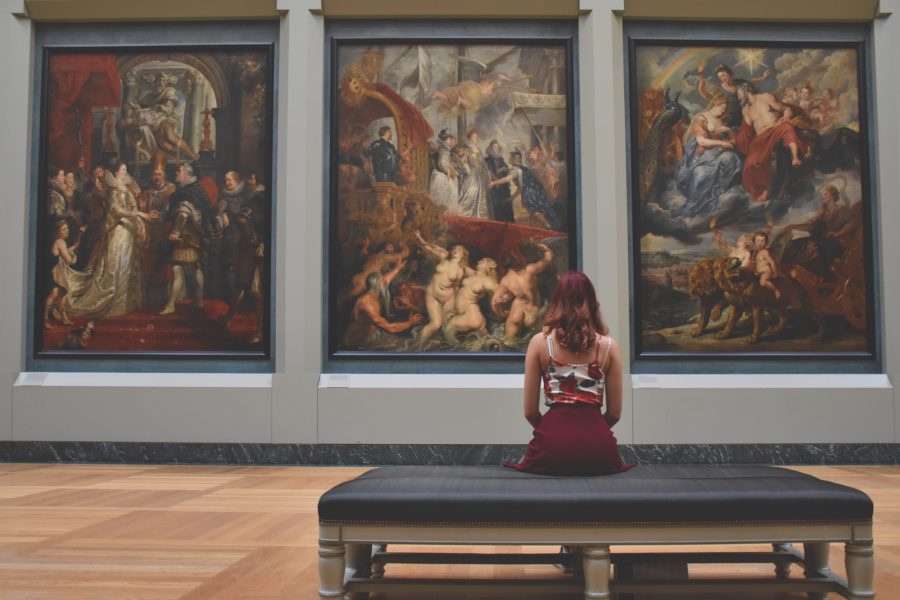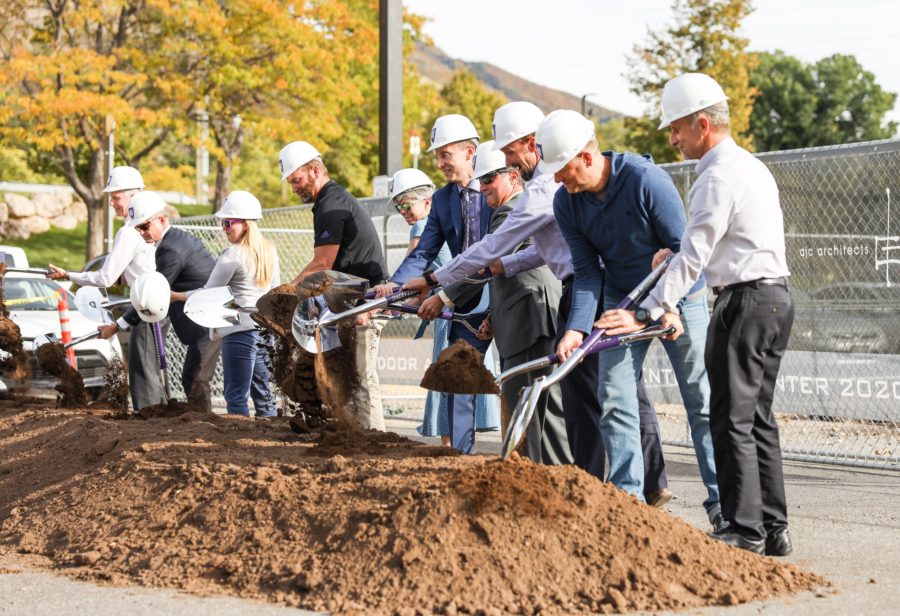Zac Watts
Pioneer Trek offered 16-year-old me a chance to understand a small fraction of the sacrifice many of my ancestors made nearly two hundred years ago to settle the Salt Lake Valley and beyond. It also gave me a profound realization that I wasn’t, nor ever would be, capable of performing such a monumental physical accomplishment.
Trek was miserable. A handful of positive moments were peppered in there to remind me that the suffering wouldn’t be permanent, but I spent the majority of my time on Trek wishing I was somewhere, anywhere else.

Each Trek attendee is assigned to a family for the duration of the three-day trip, with a married couple as their Ma and Pa and a handful of peers who act as their siblings. If this weren’t bad enough, we also weren’t allowed any technology of any kind. This meant that I couldn’t even rely on the dulcet sounds of Sum 41 to lure me away from my misery.
My “siblings” were nearly all socially inept weirdos with one self-important jock. I hated socially inept weirdos almost as much as I hated self-important jocks.
Pushing handcarts with a gaggle of my peers I’d never met or barely knew, breathing in the dust—and other particles—of the handcart in front of us, all while enduring the merciless onslaught of July sunshine was hardly the way I’d hoped to spend any portion of my summer.
It didn’t help that the Ma and Pa I’d been assigned to were uncommonly cheerful and kind people. They certainly put a wrench in my plan to grumble and complain the entire time, and after the first day or so, it even started to become infectious.
I found myself not minding the seemingly endless trudging, the ungodly heat, the thick layer of dirt that had accumulated on every inch of skin that wasn’t covered by my barely-period-appropriate clothes. I even found myself tolerating the presence of my awkward siblings, and bonding with my athletic “brother” with the superiority complex.
The corny feel-good moments didn’t stop there. At the end of our journey, we were greeted by a massive crowd of our real-life parents. In the midst of my shock and pleasant surprise, I couldn’t help but reflect on the experience I’d had and the elation the original pioneers must have felt when they finally arrived at their destination.
After months of unimaginable suffering, hardship, and tragedy, they had arrived at what would not only be their sanctuary from persecution, but a thriving civilization completely of their own making. I could never have fully understood what they went through, but I will forever be grateful for that brief moment of clarity I experienced at the end of it all.
My sacrifice was utterly insignificant in comparison, but its impact continues to affect me 11 years later. Pioneer Day is often overlooked as a second Independence Day, but for me it will always be a reminder of what we as Utahns owe to our brave predecessors.
Daryn Steed
It’s 100 degrees fahrenheit, and we’re trekking through a field in Wyoming. I’m part of the twentieth group in a caravan one hundred wagons long, and we’re only two miles into a ten mile walk.
I have a more urgent concern, I have to go to the bathroom. I look around, as if hoping a port-a-potty is going to fall out of the sky. Unfortunately, I know how this works. I have to walk twenty yards away, try to hide behind sagebrush and pop a squat.

This is the first of three days in my ward’s Pioneer Trek. All in all, we’re going to hike 27 miles pulling a wagon with all of our belongings.
If you’re lucky enough, you get to walk directly behind the wagons and listen for the shouts of “hole!” Otherwise, every time you miss the warning, you step in a two-foot hole in the ground and throw out your hip. It’s delightful.
Each night, we unpack our tents and put them up in a circle. As the sun goes down, we light a bonfire and gather around to sing hymns.
Cell phones aren’t allowed. Card games aren’t allowed. Fun, in general, isn’t expected. We’re here for a spiritual experience, to connect with those who came before and reenact their journey across America.
In 1847, groups of Mormon pioneers began the trek from Nauvoo, Illinois, to Utah. They were fleeing religious persecution after the assassination of their leader, Joseph Smith. Every four years, each Mormon stake allows its youth to march across western fields in an attempt to empathize with those who made the journey nearly 175 years ago.
The week has highs and lows. We cry. We complain of blisters. We get sunburned and we smell so bad, we consider sleeping outside because our tents are full of suffocating stench. We’re covered in dirt. The end is still miles away.
Just as the light is closing in on our seemingly hopeless adolescence, something small puts everything into perspective.
For me, it happened on the second day. I had blisters on my heel and was so desperate for a cold drink, I might have killed for it given the opportunity. I was walking behind the wagon, vaguely listening for shouts of “hole!” and doing rough calculations for how many miles remained until the finish line.

I was unprepared for anything spiritual to happen—honestly, I thought the whole thing was a waste of time. And then she appeared.
She was a small girl, and she popped in my head out of nowhere. She was wearing no shoes, and her skin was blistered from the sun.
For a moment, it seemed like she might talk to me—perhaps tell me that things weren’t so bad. At least I had good hiking boots, and my family was safe at home. But then she was gone as quickly as she had appeared.
It’s been six years since I trekked, and I often wonder if that girl was simply a figment of my dehydrated and exhausted imagination. Maybe everyone sees ghosts while they walk in old pioneer clothes.
I believe it was more than that. For the next hour, instead of thinking about the heat and how much I resented hiding behind sagebrush to pee, I thought about that girl and the family who might have walked with her.
Since that trip, the word “pioneer” means something different to me. The people who settled Utah gave up everything to head west. They left their homes, their jobs, and often loved ones behind.
Many died on the journey. More died of complications after reaching their final destination. All because they were searching for a land where they could truly be free—free from religious persecution, from heartache, from pain. I never felt more for them than when I dressed like them and started the trek. I experienced something spiritual and positive in spite of the suffering.
Still, I have to wonder—couldn’t the Church just make a movie about this? Did I have to wander through the desert for three seemingly eternal days? I don’t think I would go again. Well, unless some port-a-potties fell from the sky.
Jennifer Guzman
I generally assume that most people here in Utah know what trek is. I also assume that people have a strong spiritual connection to their great pioneer ancestors who crossed the plains to reach the valleys of the Great Salt Lake.
I, however, do not.
Being that my parents and siblings immigrated to this great state in the early 90s from Bolivia and given the fact that we are not, at least to my knowledge, Caucasian, makes forming that spiritual bond a little hard, especially as a young teen.
When I was asked not only once, but twice, to attend the long, four-day journey with both my mom and dad’s wards, my enthusiasm wasn’t exactly rising at the opportunity.

The overarching theme is the same. We pulled and pushed a cart filled with our belongings, often looking for what I assume were gopher holes, while wearing pioneer clothing in the eastern part of Wyoming, sometimes divvied up into random family assignments from the stake. This went on for miles at a time and aching blisters, burned skin and dirt-ridden faces were aplenty.
I find that trek came during significant times in my life. My first time around was with my dad’s ward, and although I did not know everyone too well, the journey itself helped me understand both my physical and mental strength.
It took place only a few years after my parents’ divorce, and I came to this understanding that yes, everything in general sucked, but I never complained about the heat. I never complained about the work. I figured if I just kept going and didn’t stop, I would reach the destination we were looking for, no matter how many miles or how heavy our cart.
It was this new mentality of, “I can do hard things” that made me understand that my burdens, although sometimes great, could be overcome. This mentality helped me during the two years between the end of my first trek and the beginning of my second.
I thought I had everything figured out by the time I went on trek with my mom’s ward, and I assumed I would enjoy the experience with my fellow ward members. However, we were paired up in random families with designated ma’s, pa’s and older brothers and sisters.
Facing a new challenge of being around strangers my age, alongside a bishop and his wife, we played the role of a dutiful pioneer family.
What was at first awkward and uncomfortable became a fulfillment I didn’t know I was looking for. I found a genuine love for both my ma and pa who treated us like their own children, often giving us praise, hugs and words of advice. The heavy cart and the long days didn’t matter as much as our effort to stay together as a trek family and finish our journey.
I felt as though I had this stereotypical all-American family at play. I had an older brother who, through various attempts, tried to teach me fantasy football. My older sister gossiped with me about boys she thought were cute. I had younger siblings, a boy who I adored, and a girl who often times annoyed me, especially when she fell, twisted her ankle and ended up sitting in our cart and another Latina girl who often joked with me that we were adoptees.
I made great friends and had even better role models by the time my second trek ended, and I don’t think there was possibly another way to end my last journey. While yes, I had blisters, was sunburned and tripped more often than I would have liked, trek is one of my most positive and influential memories.
I would do the journey again, as long as it involved a camper, a lake, the opportunity to have running water and zero girls falling into gopher holes.







